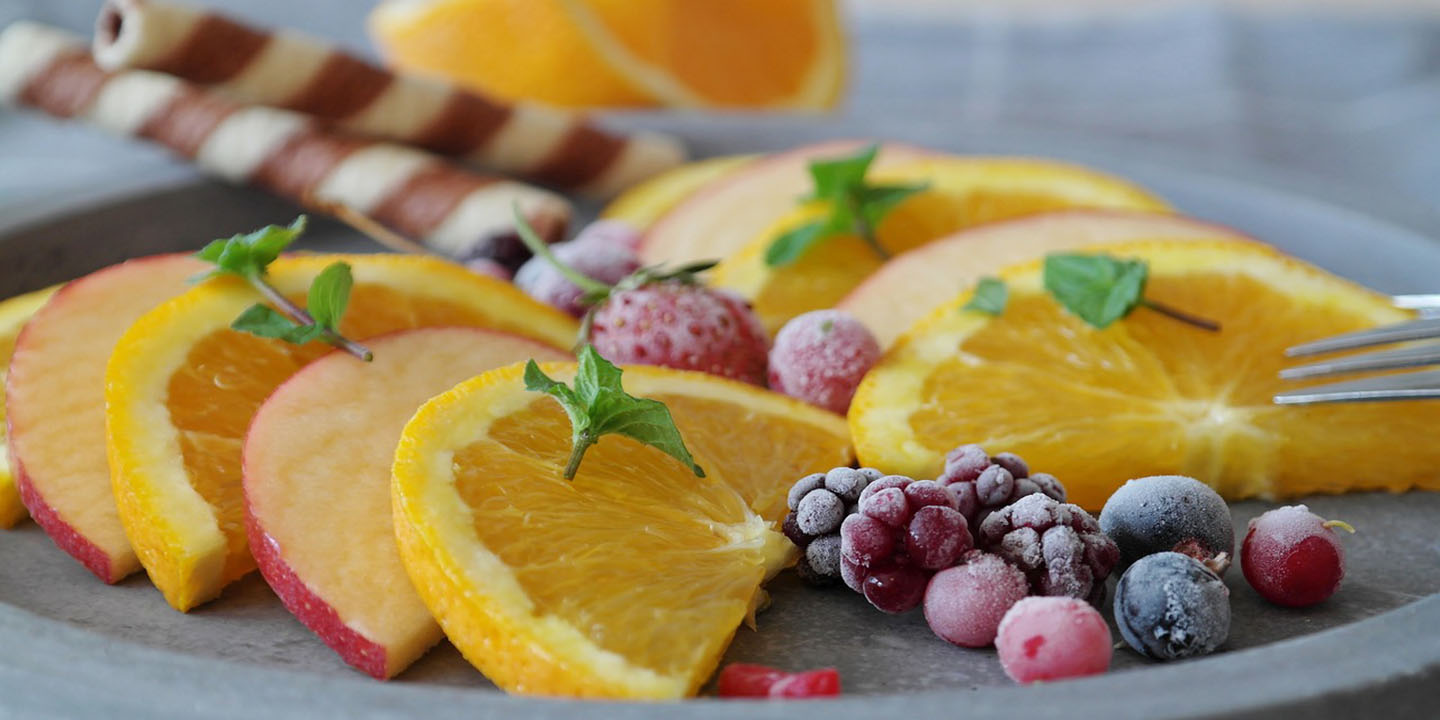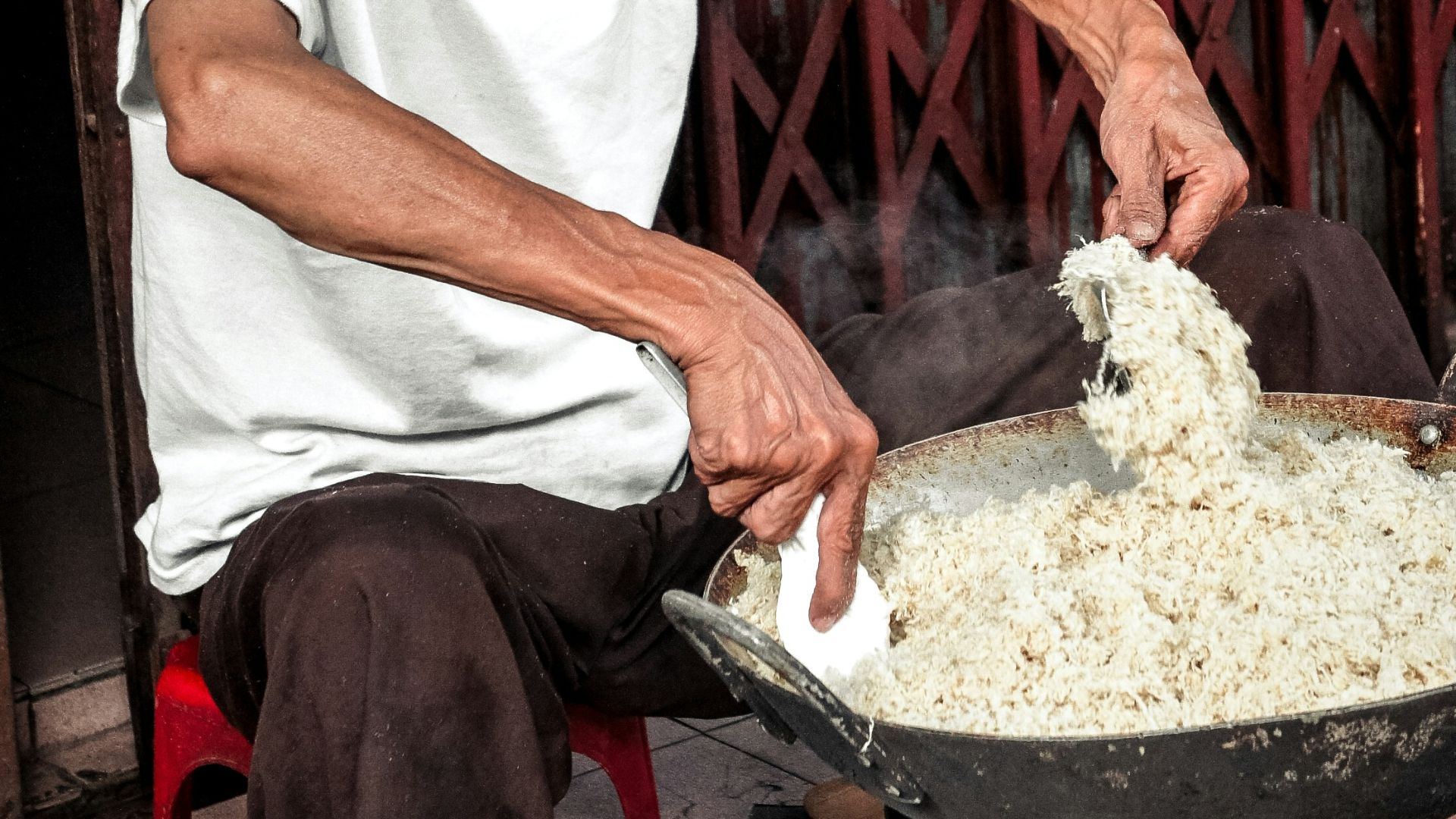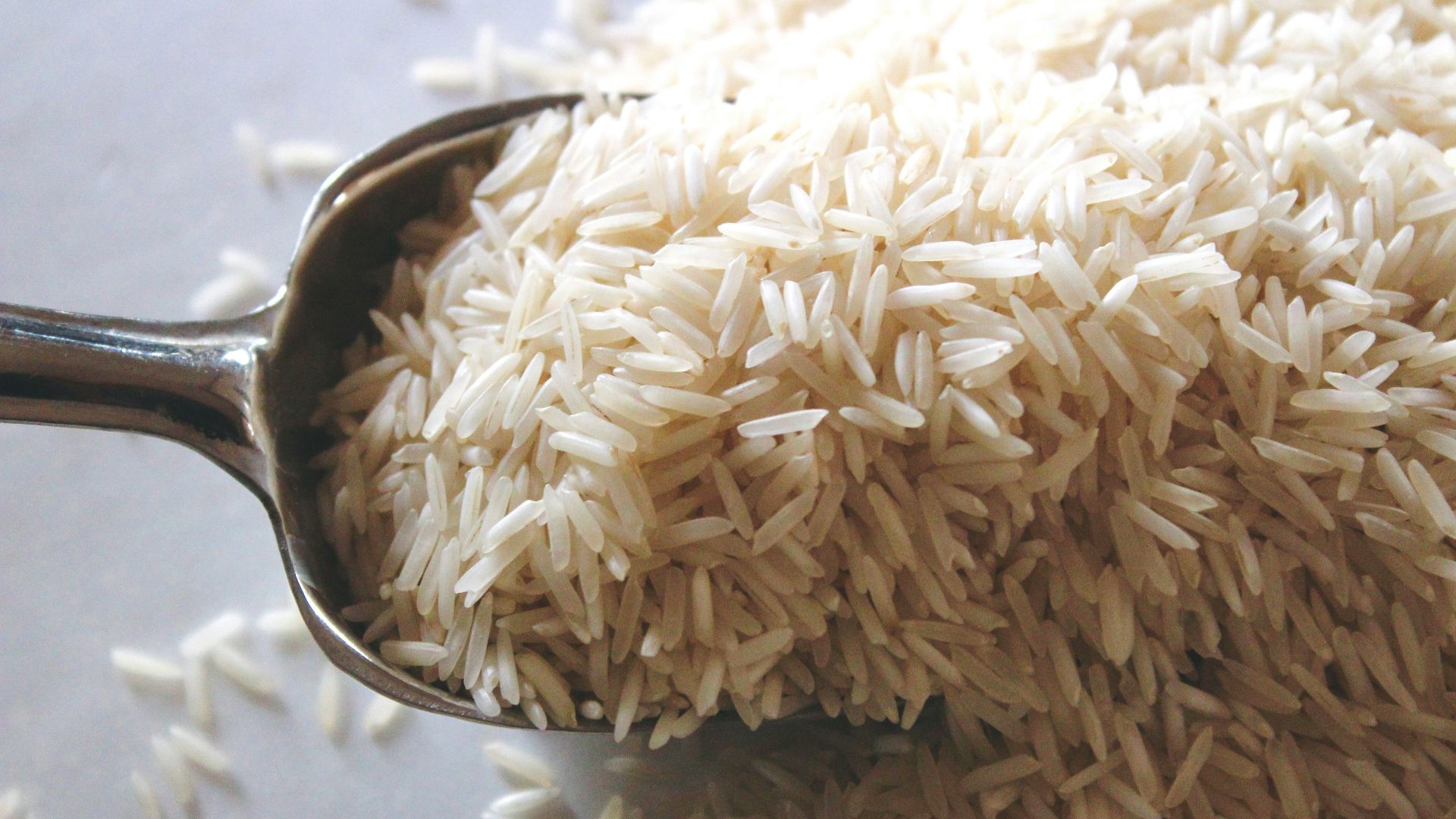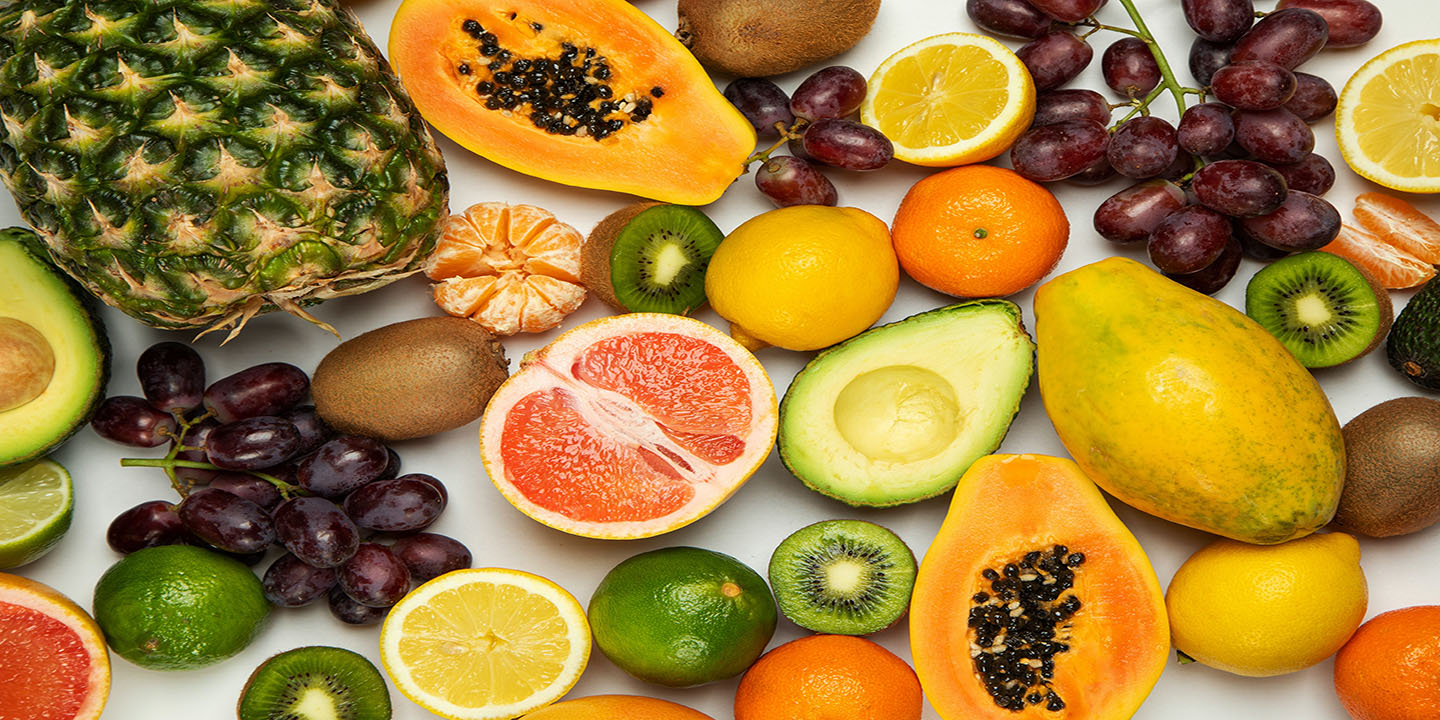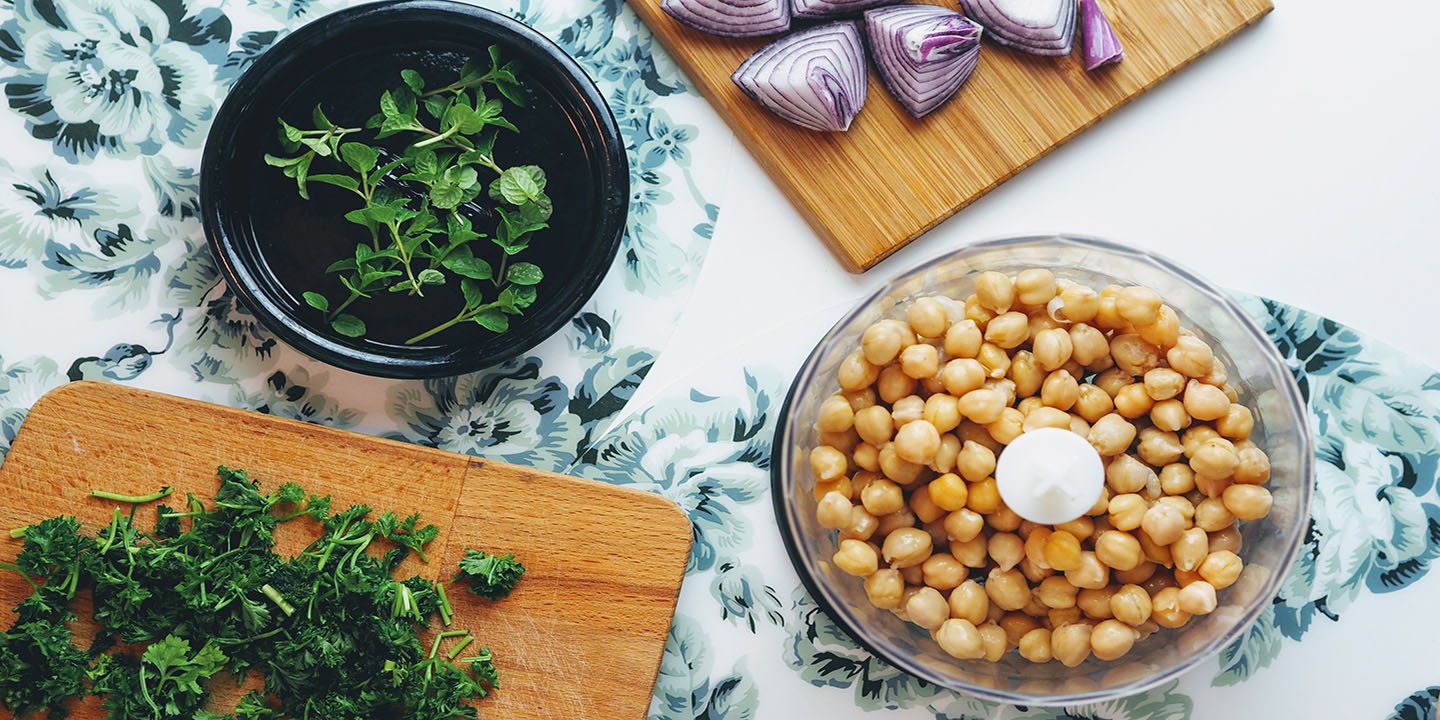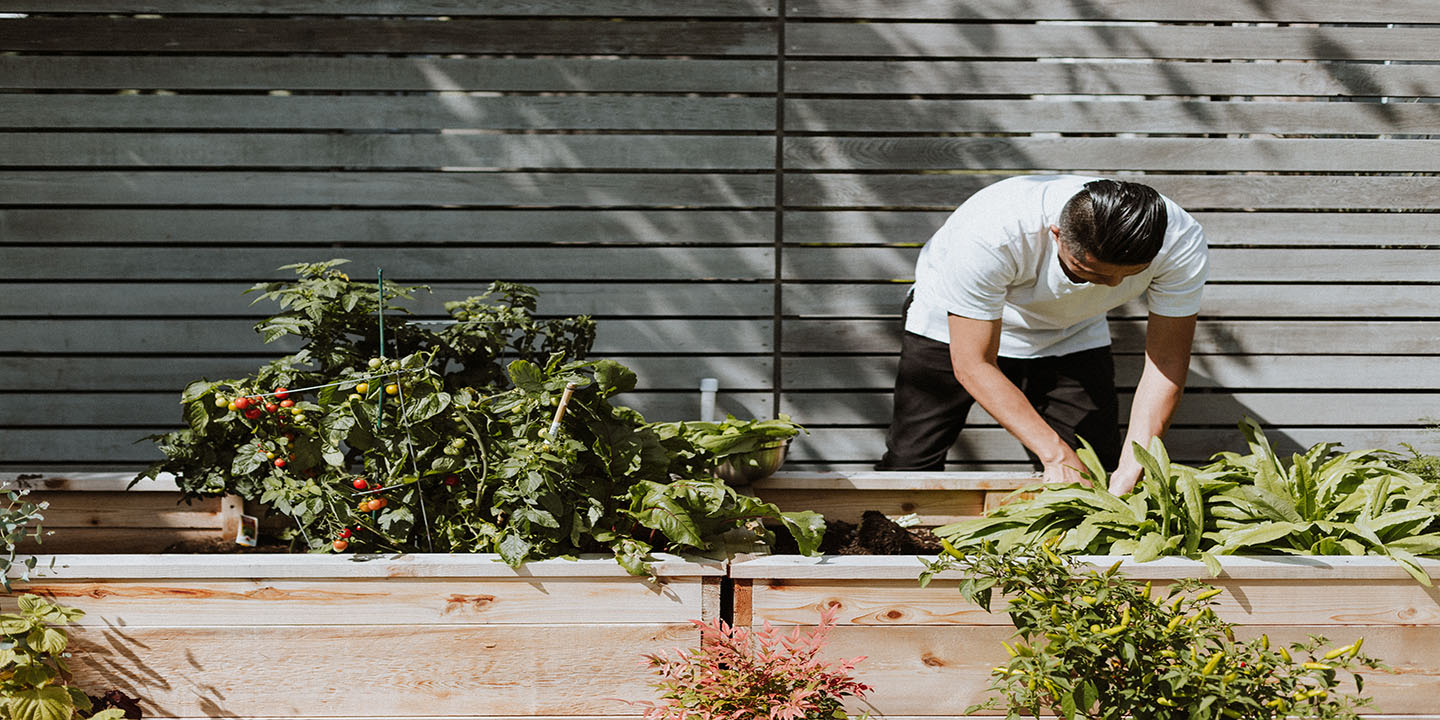You stand at the kitchen sink, water running clear through a strainer of rice grains, wondering if you've rinsed enough yet. Your grandmother probably told you to rinse until the water runs clear. Food blogs insist on it. Asian cooking traditions have been doing it for centuries, so you figure it must be necessary. While it may seem like a longstanding kitchen convention, the rice you're buying at the grocery store isn't the same rice your ancestors cooked with, and that cloudy starch you're washing away might actually be doing you some good.
Modern Rice Is Already Clean
Rice used to come straight from the field with dust, debris, and sometimes bits of hull still clinging to the grains. Rinsing made sense. You were literally washing dirt off your dinner. These days, commercial rice processing involves multiple cleaning stages, polishing, and inspection before it ever hits the bag.
That cloudy water you see when you rinse is actually starch from the rice itself, released when grains rub against each other during packaging and transport. The rice is already clean. You're just removing a natural component of the grain for reasons that might not actually apply to your cooking.
You're Washing Away Nutrients
Most rice sold in the United States is enriched, meaning vitamins and minerals are added back after processing strips away the outer layers. Thiamin, niacin, iron, and folic acid are sprayed onto the surface of the grains. When you rinse your rice, you're literally watching your nutrients swirl down the drain.
Sometime in the 1940s, regulators started noticing that polished white rice was nutritionally deficient. Beriberi, a disease caused by thiamin deficiency, was actually common in populations that relied heavily on white rice. Some regions adopted a voluntary enrichment program that worked towards eliminating this deficiency. Rinsing undermines it entirely.
The Starch Makes Better Texture
That starch you're washing away creates a slightly sticky, cohesive texture that actually helps rice dishes work better in your cooking. Risotto needs that starch to become creamy. The starch is precisely what helps sushi rice stick together so your rolls don't fall apart. Even regular steamed rice benefits from a bit of natural adhesion between grains.
Professional chefs have started pushing back against the automatic rinsing advice, pointing out that unwashed rice often produces superior results depending on the dish. Rice pudding with unrinsed rice becomes luxuriously creamy without adding extra thickeners. Fried rice made with unrinsed day-old rice gets better texture and doesn't fall apart in the pan.
The texture difference is subtle with some preparations, dramatic with others. It’s worth experimenting with at least, rather than blindly following rules that might not apply to your recipe.
You're Wasting Water
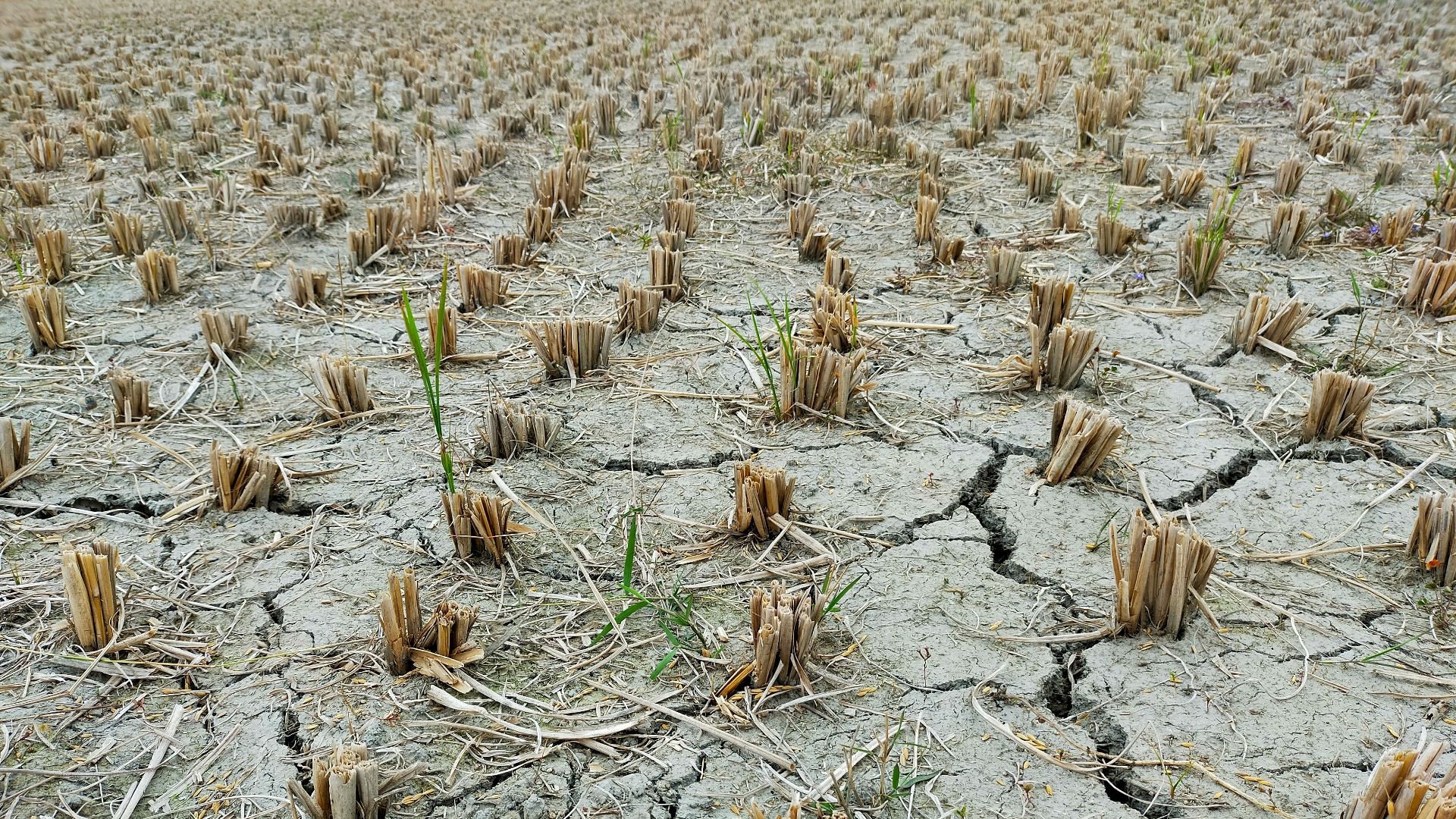 Md. Hasanuzzaman Himel on Unsplash
Md. Hasanuzzaman Himel on Unsplash
Rinsing rice until the water runs clear can take several minutes and gallons of water, especially if you're making rice for a family. We're told to conserve water, take shorter showers, fix leaky faucets—then we stand there running the tap for five minutes over rice that's already clean.
California alone consumes over 2 billion pounds of rice annually. If even a fraction of households rinse their rice thoroughly before cooking, that's millions of gallons of perfectly good water wasted on a step that provides questionable benefits for most modern preparations and rice varieties.
Different Rice, Different Rules
Here's where it gets complicated: some rice actually does benefit from rinsing. Basmati and jasmine rice, for instance, are often rinsed to achieve that signature fluffy texture. Imported rice from certain regions might genuinely need a quick rinse due to different processing standards.
The point isn't that you should never rinse rice under any circumstances. It's that blindly rinsing every type of rice for every preparation doesn't make sense anymore. American long-grain white rice probably doesn't need rinsing. Thai jasmine rice for a stir-fry where you want distinct grains could probably use a quick wash.
Somewhere along the way, "rinse your rice" became universal advice when it should've been situational. We've been following rules without understanding why they existed in the first place, and those reasons have largely disappeared with modern food processing.
KEEP ON READING

The Most Popular Signature Dishes Around the World
